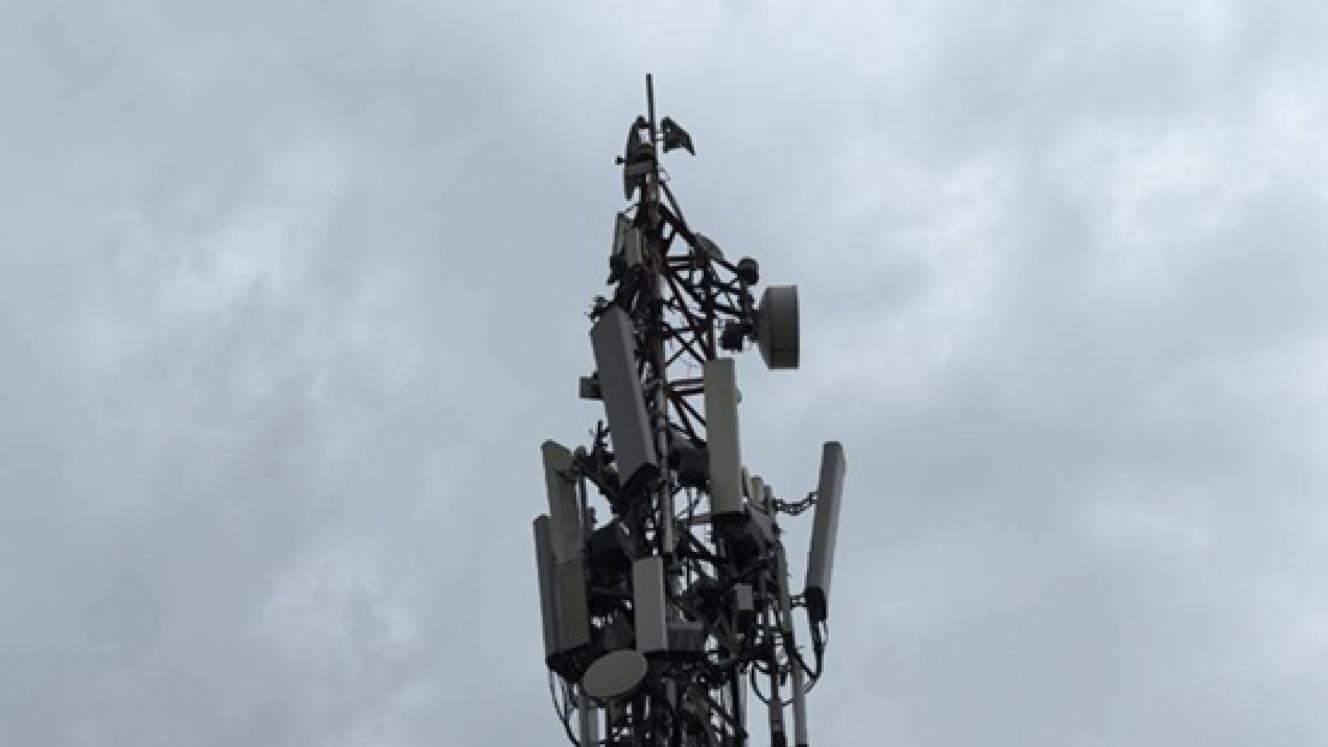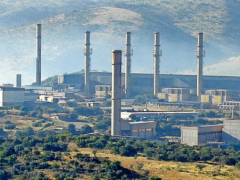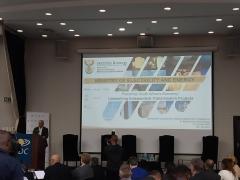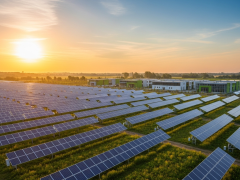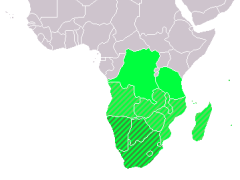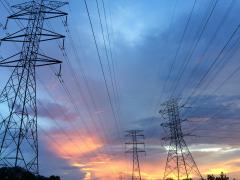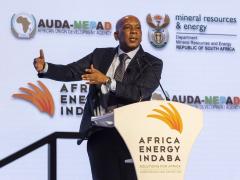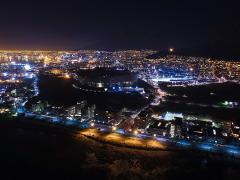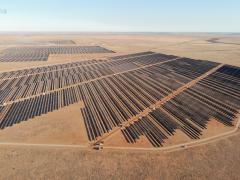MTN Zambia and Huawei have jointly introduced the world’s first AI-powered adaptive power backup solution for emergency-resilient networks. Launched at AfricaCom 2025, the innovation combines intelligent energy management and network autonomy to maintain communication services during unstable power supply – a major challenge in regions facing prolonged load shedding.
Since March 2024, Zambia has experienced an ongoing energy crisis caused by insufficient hydropower generation, resulting in load shedding of up to 20 hours per day in some areas. The impact has been widespread – affecting households, businesses and communication services. MTN Zambia’s network availability, typically above 99%, has dropped to around 91% due to extended outages.
To address this, Huawei and MTN co-developed an AI-driven energy resilience solution that keeps base stations online during prolonged power cuts. The adaptive system coordinates between the power and wireless network, analysing real-time traffic and prioritising essential communications. It dynamically reduces non-critical functions to conserve power and automatically restores full service once grid supply returns.
- Simple deployment: Enables unified management of Huawei RAN and power systems via a software upgrade
- Cost saving: Extends site uptime without the need for additional batteries, solar panels or diesel generator expansion
- Intelligent evolution: Supports digital power collaboration with wireless intelligent agents for network evolution to Level 4 autonomy (L4 AN)
Field tests in Zambia’s most affected regions showed that site uptime extended by an additional three to six hours per day, improving power-off resilience by over 50% without adding extra batteries or diesel generators. Overall, power-off resilience improved by more than 50% while KPIs such as call setup success rate and data throughput remained stable. In districts such as Kafue, uninterrupted mobile connectivity enabled residents to seek medical assistance during emergencies like malaria outbreaks, proving that reliable communication can serve as a lifeline when electricity is unavailable.
“We have successfully validated an AI-powered adaptive power backup solution in Zambia,” says Thomas Ngoma, Acting CTO of MTN Zambia. “It dynamically optimises power consumption, significantly extending backup duration during grid outages. The breakthrough will address Zambia’s frequent power interruptions, offering enhanced energy resilience for communities and businesses, demonstrating how targeted technological applications can provide practical solutions to real-world infrastructure challenges.”
“Reliable connectivity should not depend on grid stability,” adds Alex Xing, Vice-President of Huawei MTN Key Account Department. “Through this joint innovation with MTN, we are exploring a new model for energy-resilient networks where AI, intelligent power management and resilient infrastructure work together to keep services online. This is not only a technical achievement but a step towards more sustainable and robust digital networks. We will continue working with MTN to evolve and apply this solution wherever it creates value for customers, society and the industry.”
Mad Chen, Vice-President of Huawei Southern Africa Region, says the solution reflects Huawei’s commitment to strengthening Africa’s digital backbone. “In regions where reliable electricity is not guaranteed, AI can optimise backup power to ensure continuous service. Together with MTN, we are building more resilient and sustainable networks across the continent.”
